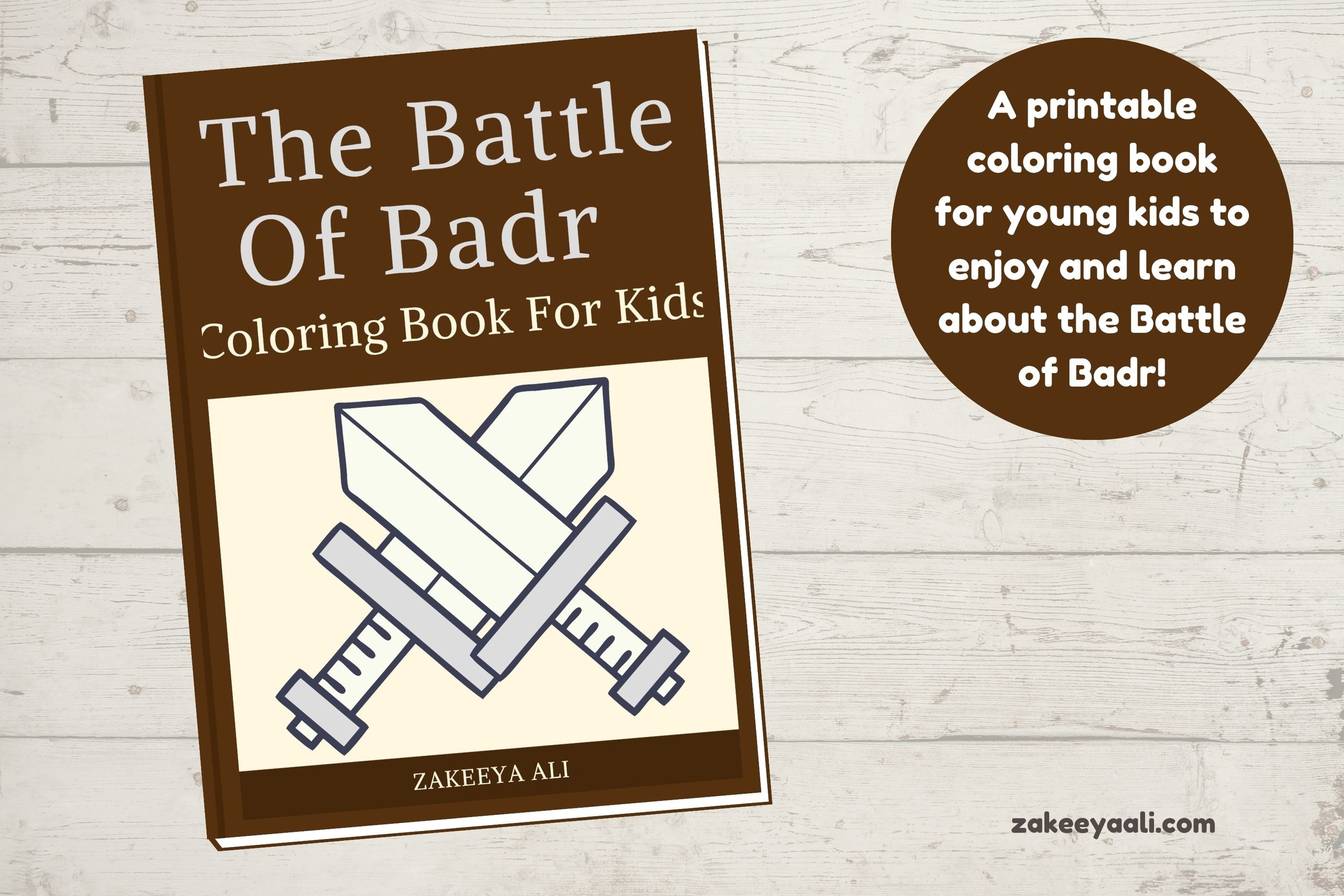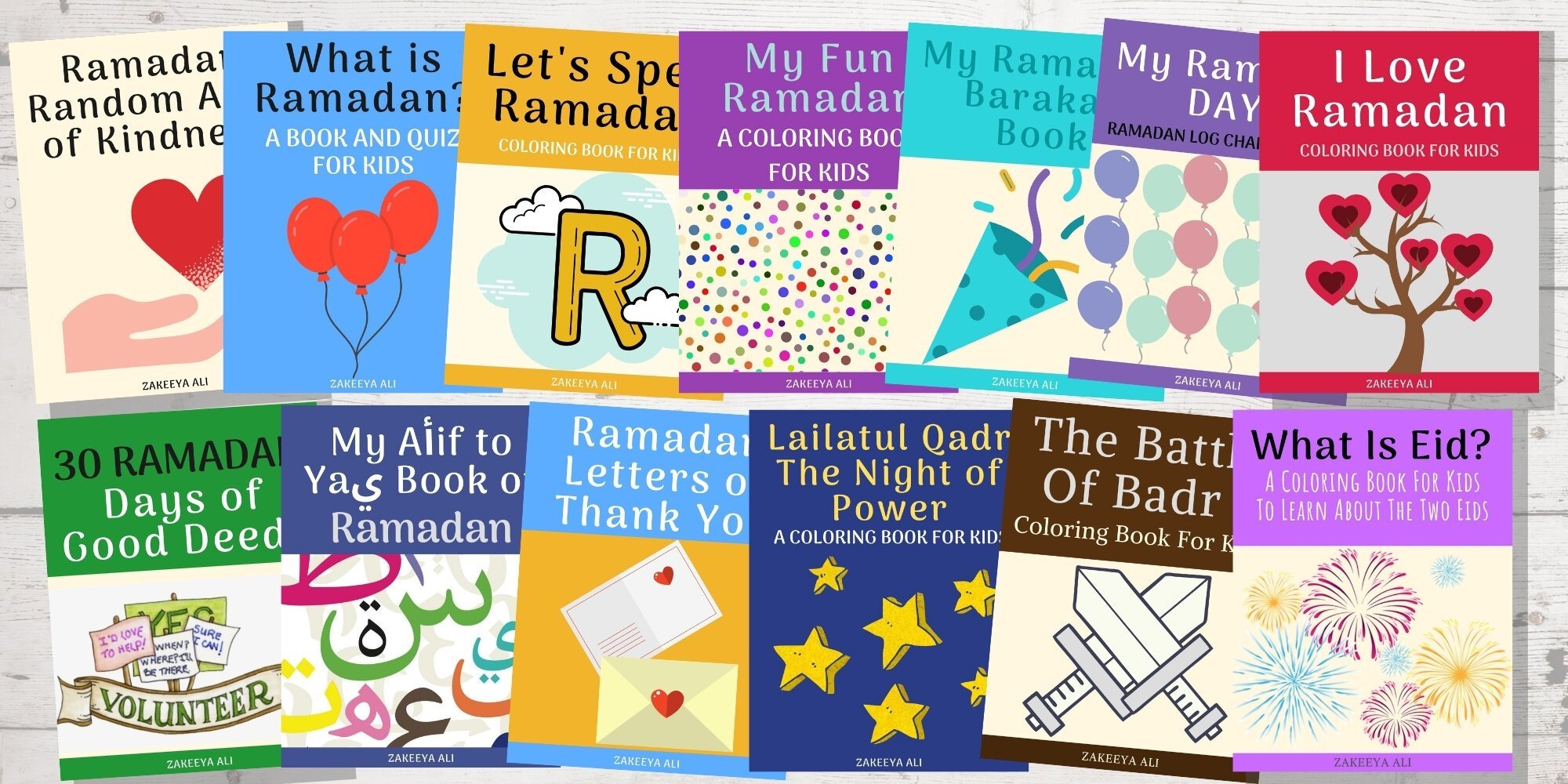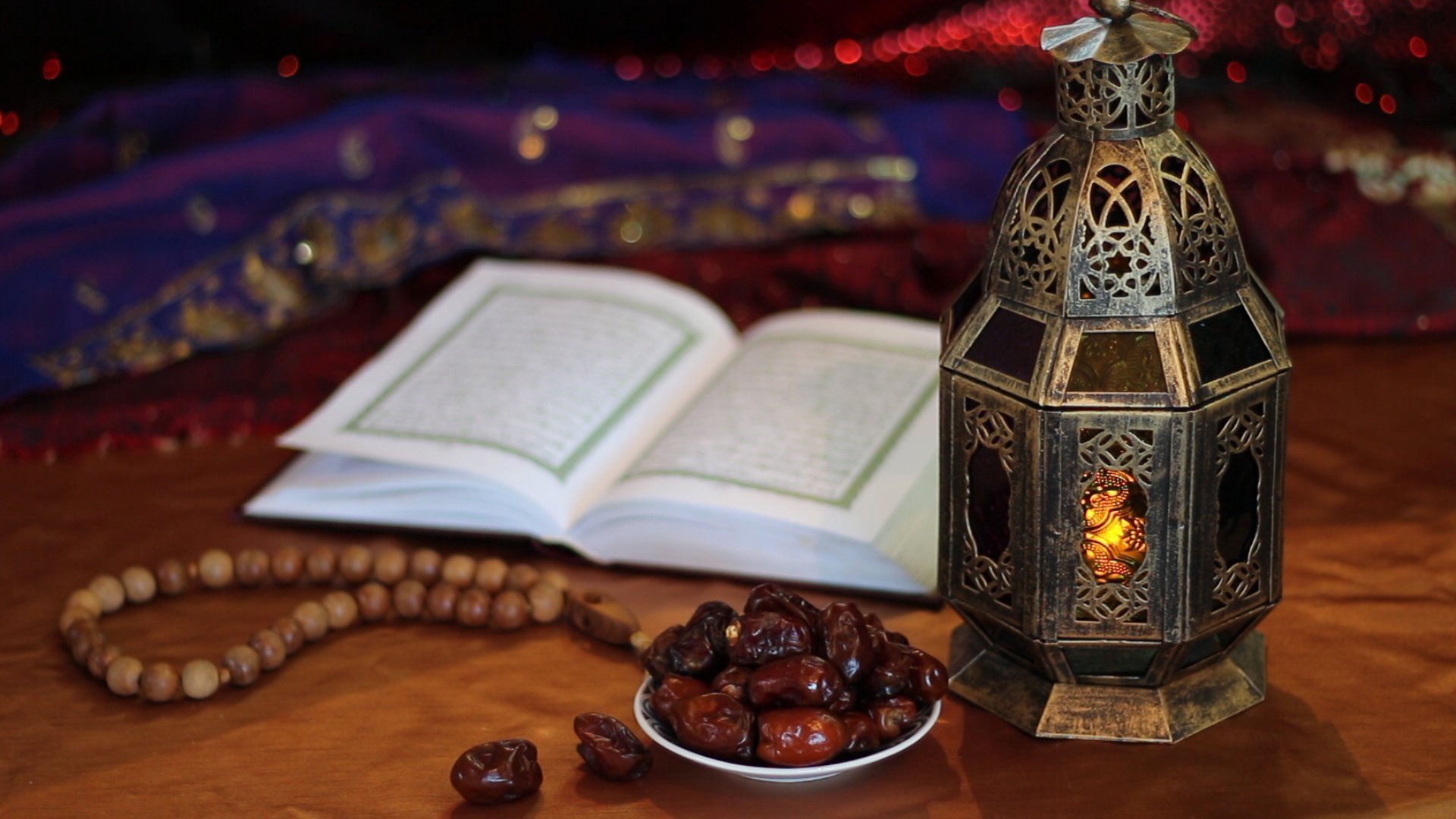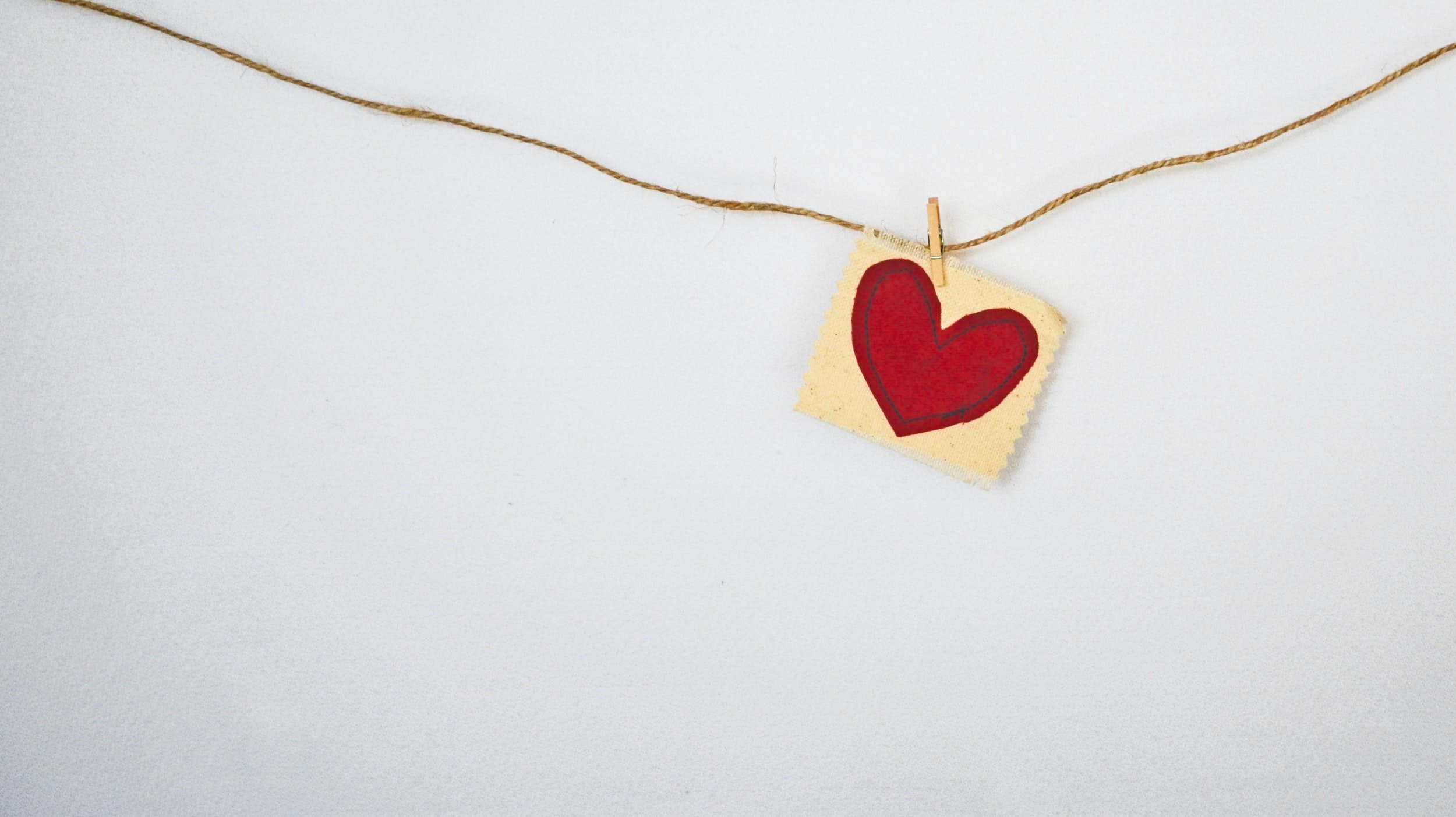Teach Your Child About the Battle of Badr
The Battle of Badr holds immense significance in Islamic history, as it marked a turning point for the early Muslim community. This historic event took place in the year 624 CE, in the region of Badr, located in present-day Saudi Arabia. The battle was fought between the small but determined Muslim army, led by Prophet Muhammad (peace be upon him), and the powerful Quraysh tribe of Mecca.
The Background
Prior to the Battle of Badr, the early Muslim community faced intense persecution in Mecca at the hands of the Quraysh, who vehemently opposed the message of Islam. Seeking refuge, Prophet Muhammad (pbuh) and his followers migrated to Medina in 622 CE. However, tensions continued to escalate between the Muslims and the Quraysh.
The Gathering Storm
As the Quraysh grew increasingly hostile, a caravan led by Abu Sufyan, a prominent member of the Quraysh, laden with valuable goods from Syria, caught the attention of the Muslims. In a bid to protect their newfound community and livelihood, Prophet Muhammad (pbuh) and his companions saw an opportunity to intercept the caravan and seize its wealth.
The Battle Unfolds
Upon hearing about the impending attack, the Quraysh assembled a formidable force of around a thousand soldiers and set out to protect their caravan. Meanwhile, the Muslim army, consisting of only around 313 warriors, many of whom were ill-equipped, prepared for battle.
As the two armies faced each other in the barren plains of Badr, the Muslims were acutely aware of their numerical disadvantage. However, their unwavering faith and trust in Allah propelled them forward. Prior to the battle, Prophet Muhammad (pbuh) prayed fervently, seeking divine intervention and victory.
Despite being outnumbered, the Muslims fought with immense bravery and determination. Through a combination of strategic planning, steadfastness, and divine assistance, they managed to secure a resounding victory. The Quraysh suffered heavy losses, with approximately seventy of their warriors slain and a similar number captured, while the Muslims lost only a handful of soldiers.
Spiritual Significance
The Battle of Badr was not merely a military victory; it held profound spiritual significance for the Muslim community. It solidified their belief in the divine support and validation of their cause. The victory at Badr is seen as evidence of Allah's assistance to the believers and a demonstration of the power of faith, resilience, and unity.
Consequences and Legacy
The Battle of Badr marked a pivotal moment in the early history of Islam. The victory not only boosted the morale of the Muslim community but also enhanced their credibility and prestige among the tribes of Arabia. The battle served as a powerful message to the Quraysh and other opponents of Islam that the Muslim community was resilient, united, and destined for success.
Further Reading
A Hadith on the Support of the Angels During the Battle of Badr, and the Permissibility of the Spoils
It has been narrated on the authority of `Umar b. al-Khattab who said:
When it was the day on which the Battle of Badr was fought, the Messenger of Allah (ﷺ) cast a glance at the infidels, and they were one thousand while his own Companions were three hundred and nineteen. The Prophet (ﷺ) turned (his face) towards the Qibla. Then he stretched his hands and began his supplication to his Lord:
"O Allah, accomplish for me what Thou hast promised to me. O Allah, bring about what Thou hast promised to me. O Allah, if this small band of Muslims is destroyed. Thou will not be worshipped on this earth."
He continued his supplication to his Lord, stretching his hands, facing the Qibla, until his mantle slipped down from his shoulders. So Abu Bakr came to him, picked up his mantle and put it on his shoulders. Then he embraced him from behind and said: Prophet of Allah, this prayer of yours to your Lord will suffice you, and He will fulfill for you what He has promised you. So Allah, the Glorious and Exalted, revealed (the Qur'anic verse):
"When ye appealed to your Lord for help, He responded to your call (saying): I will help you with one thousand angels coming in succession."
So Allah helped him with angels. Abu Zumail said that the hadith was narrated to him by Ibn `Abbas who said: While on that day a Muslim was chasing a disbeliever who was going ahead of him, he heard over him the swishing of the whip and the voice of the rider saying: Go ahead, Haizum! He glanced at the polytheist who had (now) fallen down on his back. When he looked at him (carefully he found that) there was a scar on his nose and his face was torn as if it had been lashed with a whip, and had turned green with its poison. An Ansari came to the Messenger of Allah (ﷺ) and related this (event) to him. He said: You have told the truth. This was the help from the third heaven.
The Muslims that day (i.e. the day of the Battle of Badr) killed seventy persons and captured seventy. The Messenger of Allah (ﷺ) said to Abu Bakr and Umar (Allah be pleased with them): What is your opinion about these captives? Abu Bakr said: They are our kith and kin. I think you should release them after getting from them a ransom. This will be a source of strength to us against the infidels. It is quite possible that Allah may guide them to Islam. Then the Messenger of Allah (ﷺ) said: What is your opinion, Ibn Khattab? He said: Messenger of Allah, I do not hold the same opinion as Abu Bakr. I am of the opinion that you should hand them over to us so that we may cut off their heads. Hand over `Aqil to `Ali that he may cut off his head, and hand over such and such relative to me that I may cut off his head. They are leaders of the disbelievers and veterans among them.
The Messenger of Allah (ﷺ) approved the opinion of Abu Bakr and did not approve what I said. The next day when I came to the Messenger of Allah (ﷺ), I found that both he and Abu Bakr were sitting shedding tears. I said: Messenger of Allah, why are you and your Companion shedding tears? Tell me the reason. For I will weep, or I will at least pretend to weep in sympathy with you. The Messenger of Allah (ﷺ) said: I weep for what has happened to your companions for taking ransom (from the prisoners). I was shown the torture to which they were subjected. It was brought to me as close as this tree. (He pointed to a tree close to him.) Then Allah SWT revealed the verse:
"It is not befitting for a prophet that he should take prisoners until the force of the disbelievers has been crushed..." to the end of the verse: "so eat ye the spoils of war, (it is) lawful and pure. So Allah made booty lawful for them." (Sahih Muslim 1763, Book 32, Hadith 69)
Recommended Seerah Books
A Video to Teach Younger Kids About the Battle of Badr
A Video to Teach Older Kids About the Battle of Badr
Want to Teach Your Child More About the Battle of Badr?
The Battle of Badr book will help your child learn the details of this historical event that occurred on the 10th day of Muharram. They can also color along in this interactive activity coloring book. You can get it for a donation anytime of the year or get it free during Ramadan as a subscriber.
How To Get It Free In Ramadan
Simply subscribe to gain access to the Member Vault and receive my newsletters as well as many other freebies that are available anytime or seasonal. If you are already a member, enter the Members Vault using the password you received in your welcome email or your recent newsletter.
Salam, I’m Zakeeya!
I believe being a wife, a mother, and making our homes a sanctuary for our families brings us tremendous blessings, fulfillment, and improves society. Since 2011, I've been committed to helping Muslimas find tranquility in their roles, take better care of themselves, and attain contentment within. Our journey is not an easy one, but I pray the resources and mentoring I offer, will assist in navigating you through your everyday challenges with mindfulness and gratitude, inshallah. Join me as I share wifehood, motherhood, homemaking, and lifestyle solutions that make life more fulfilling for you as a woman! READ MORE



































